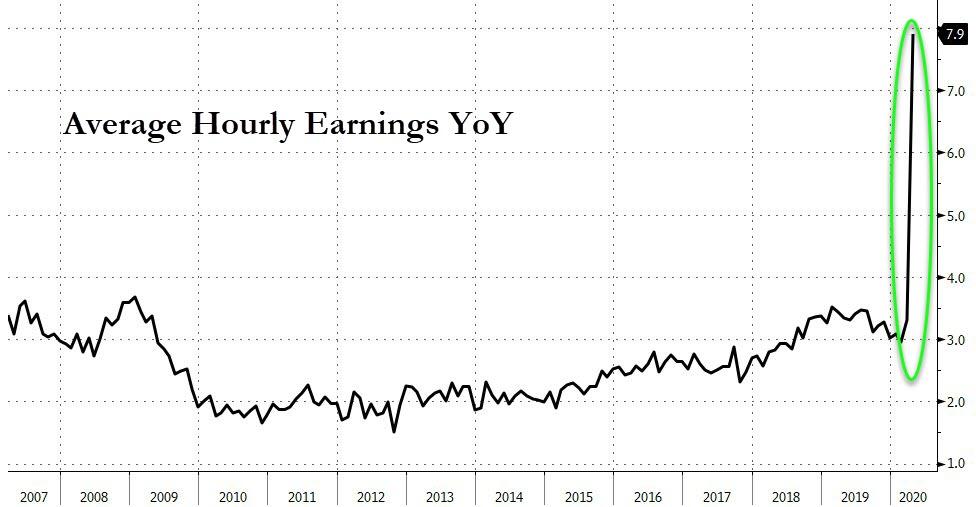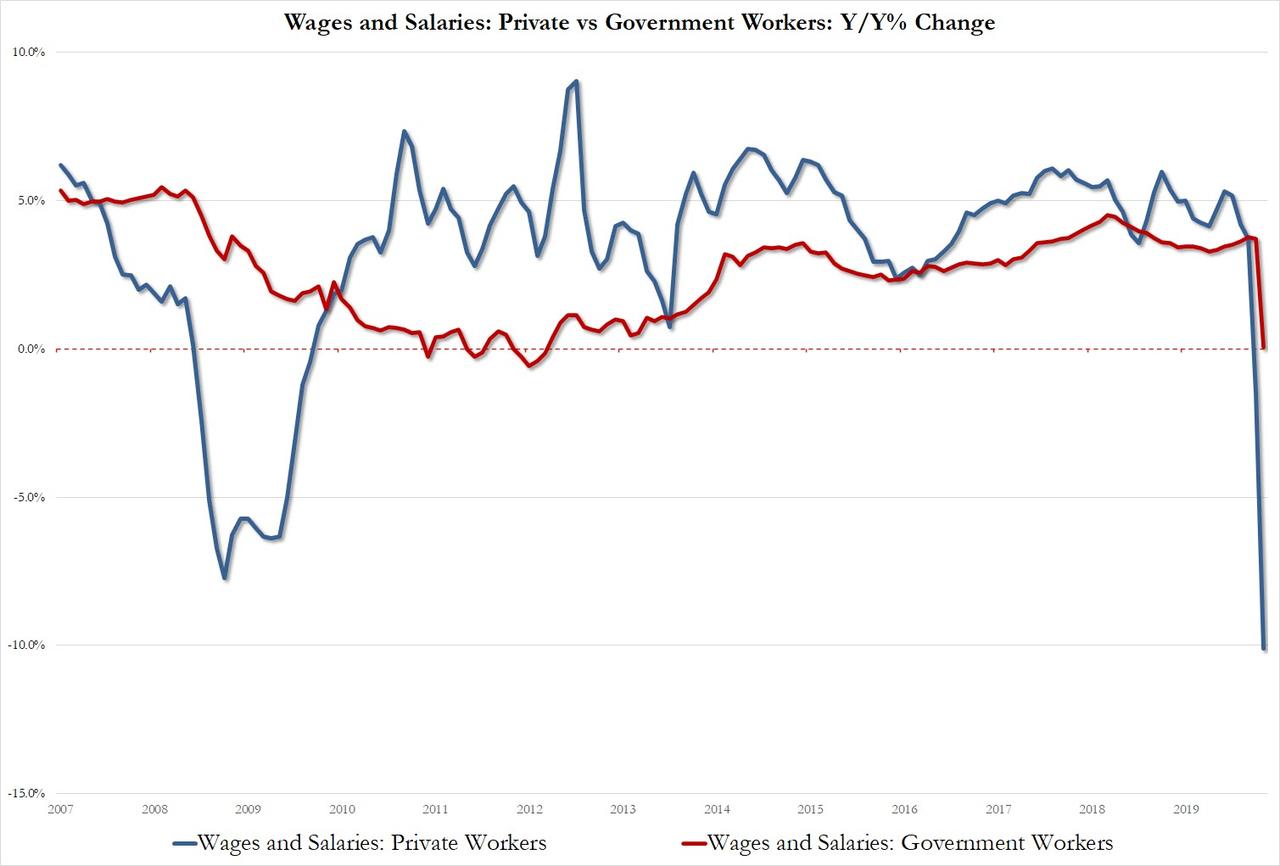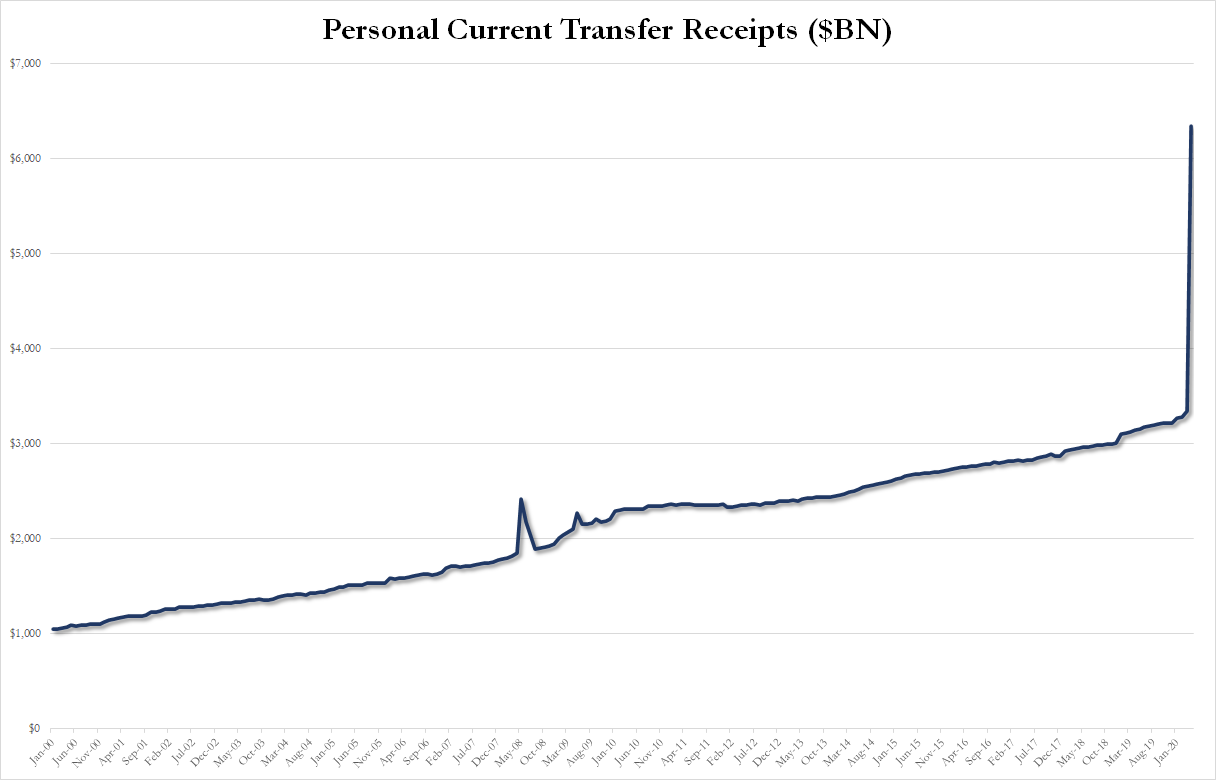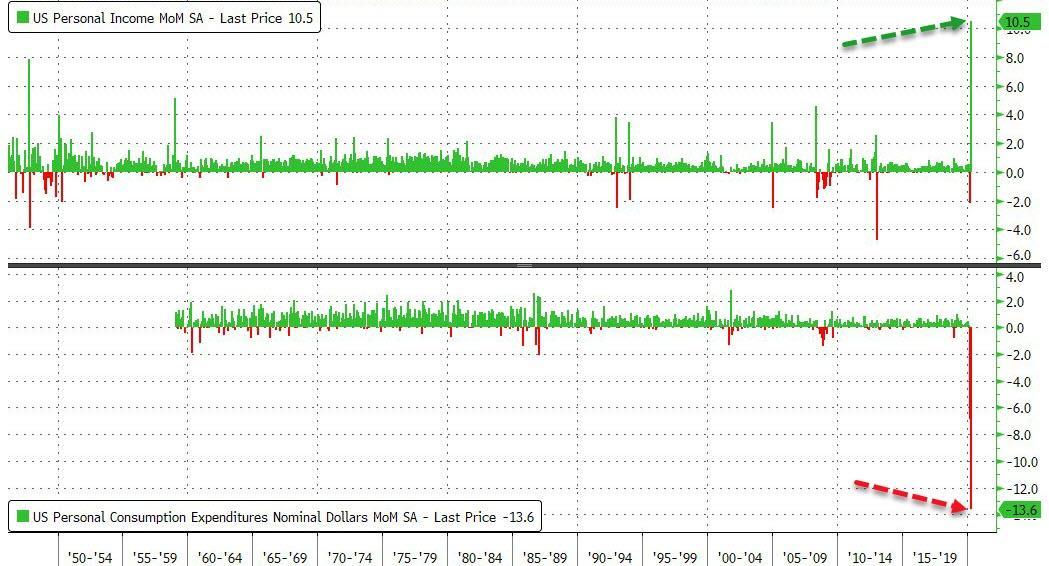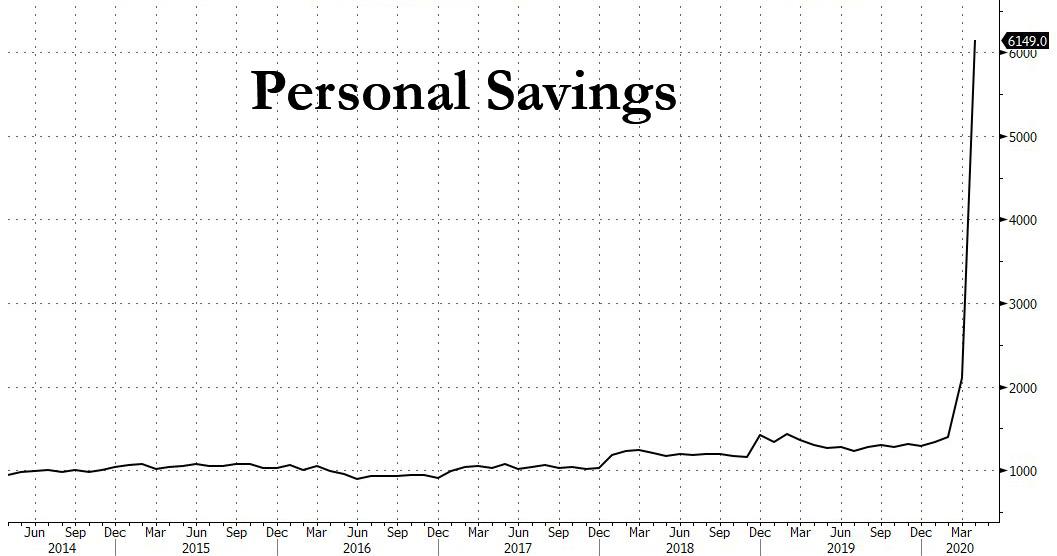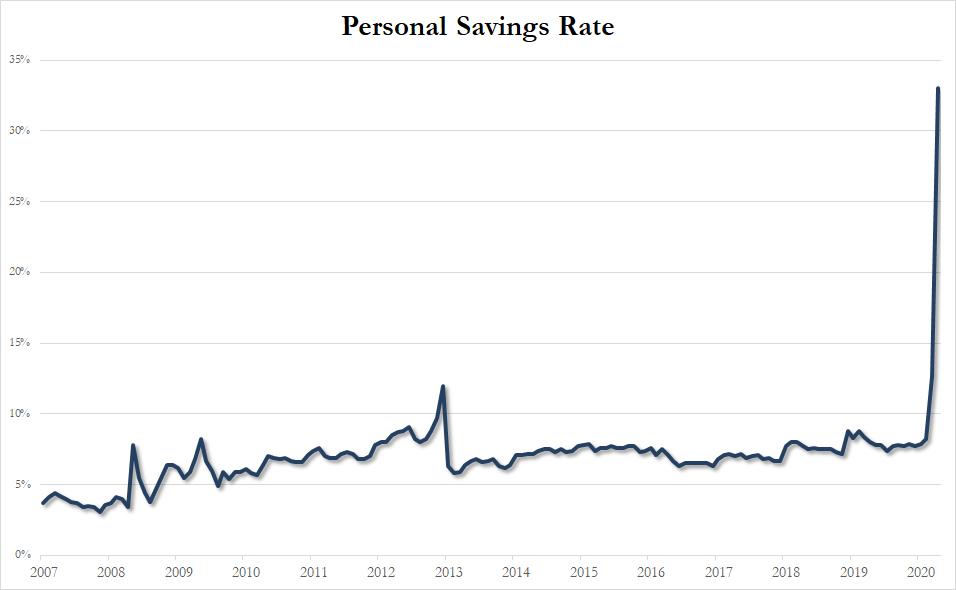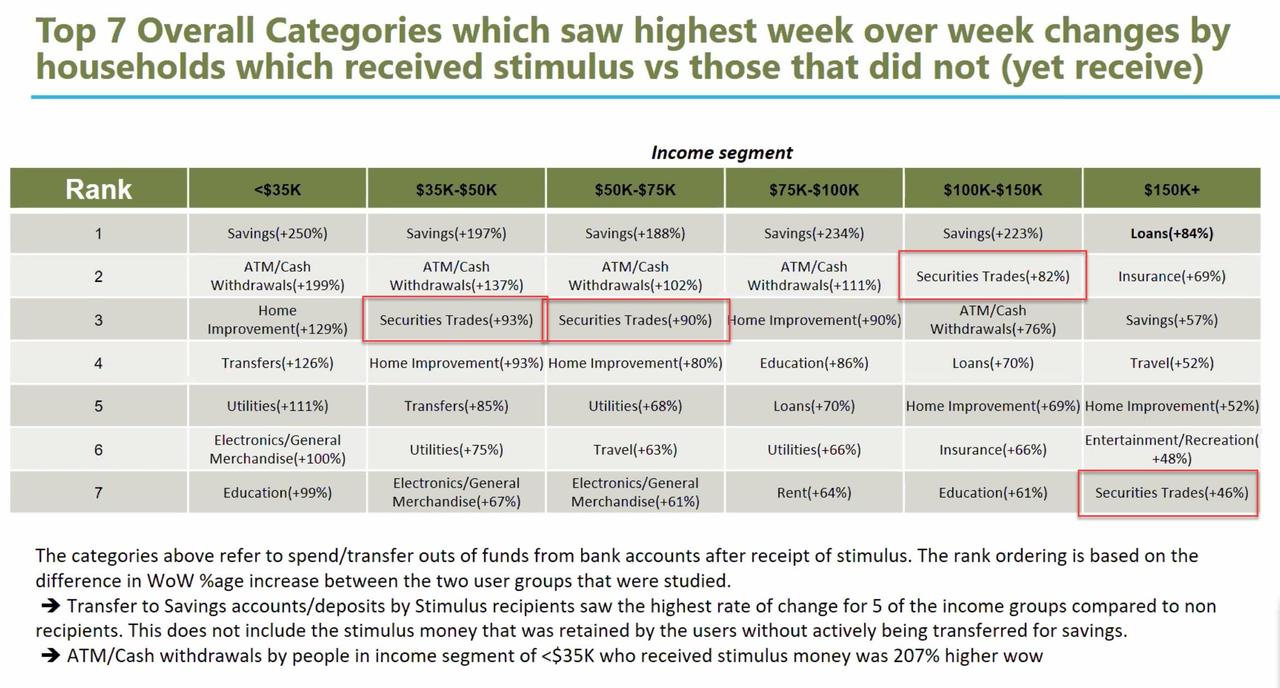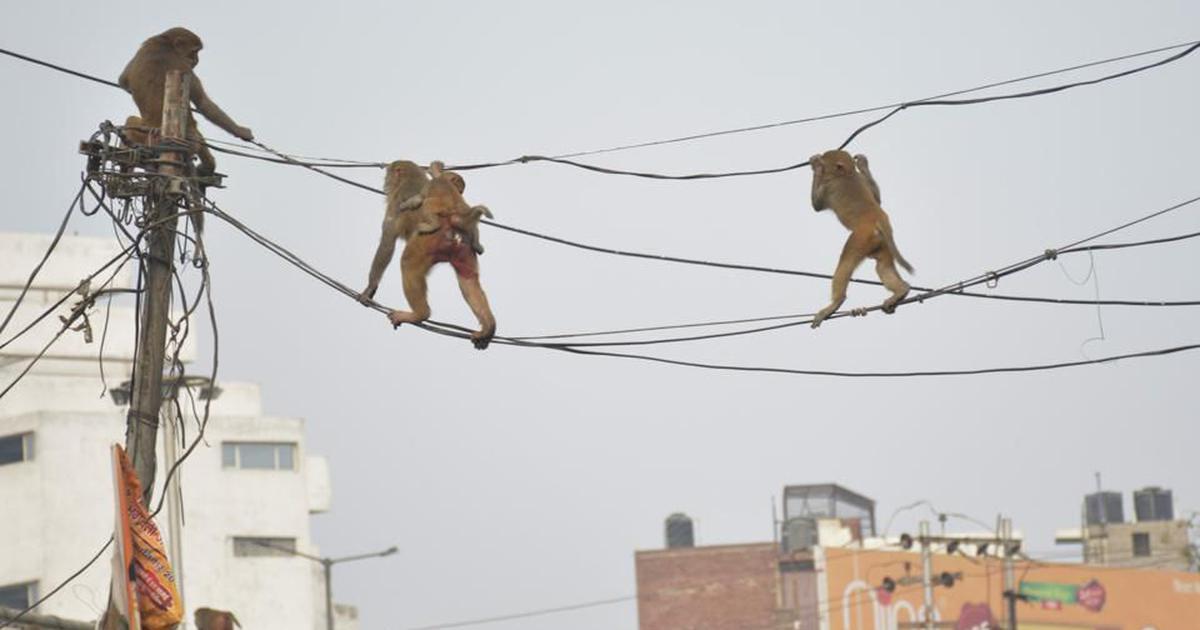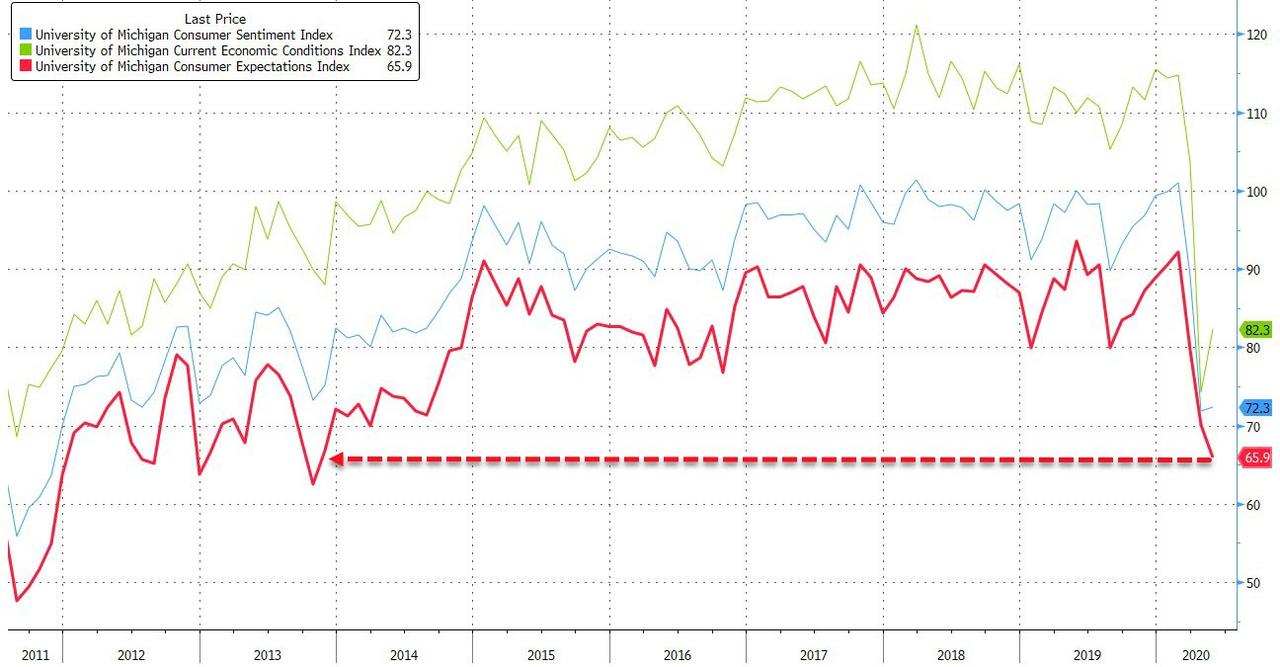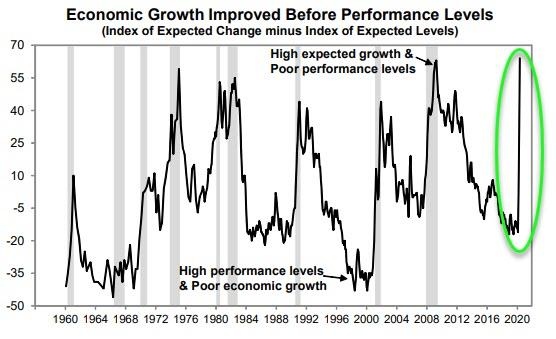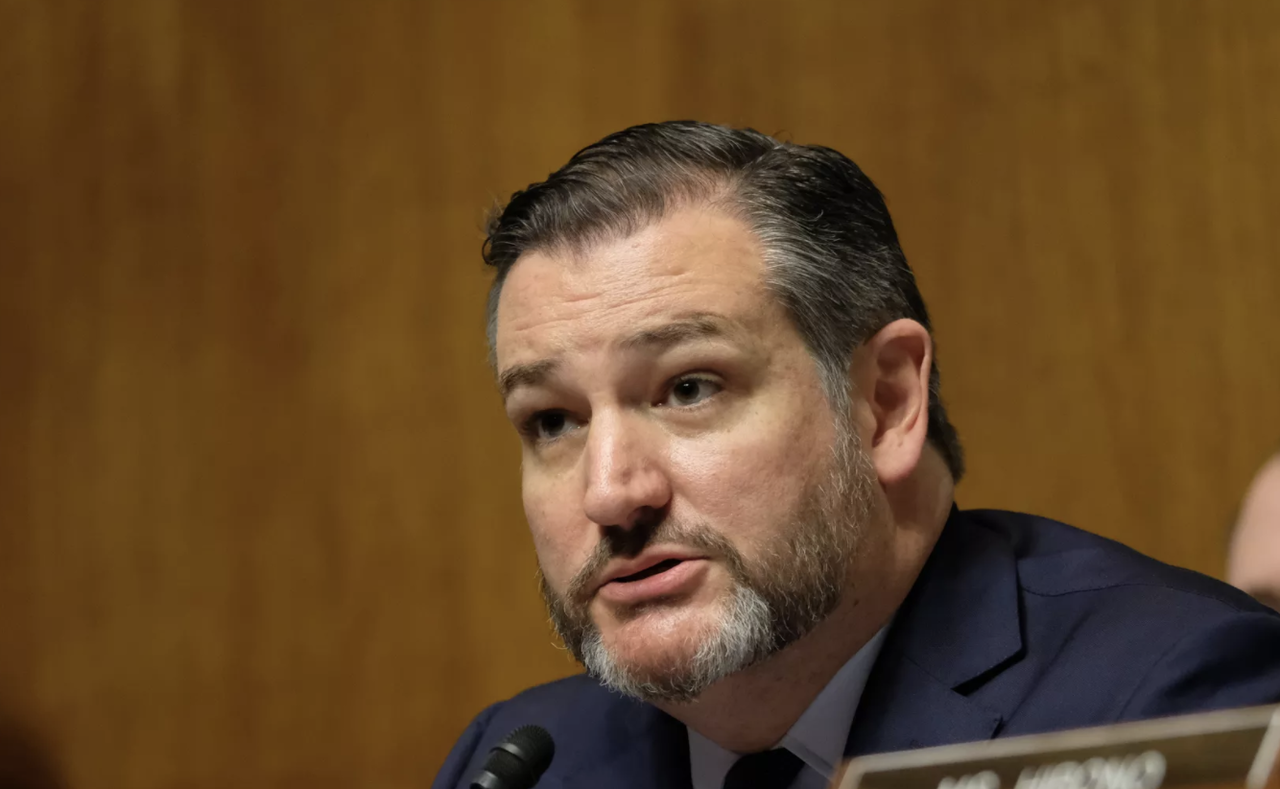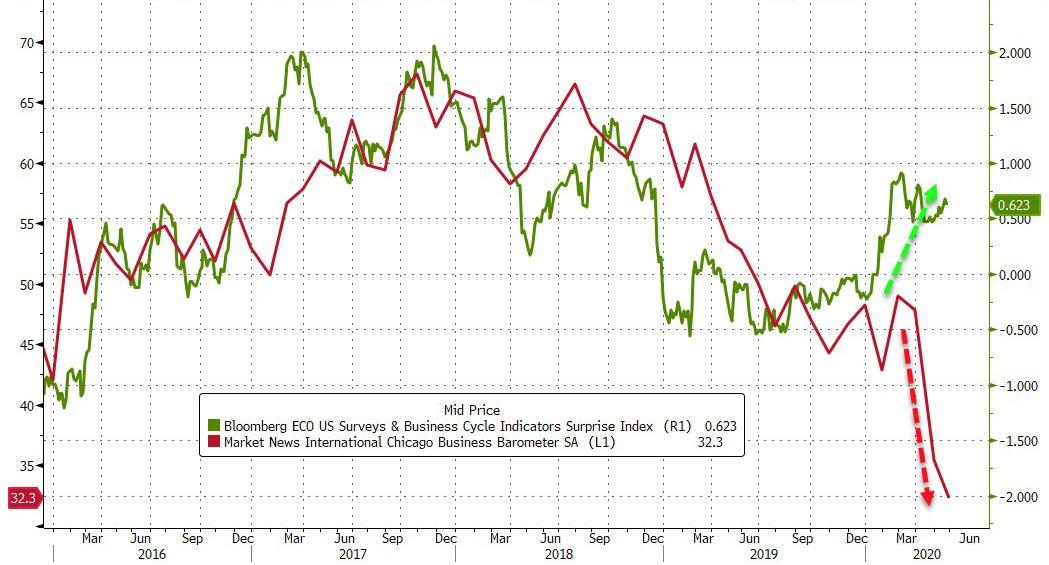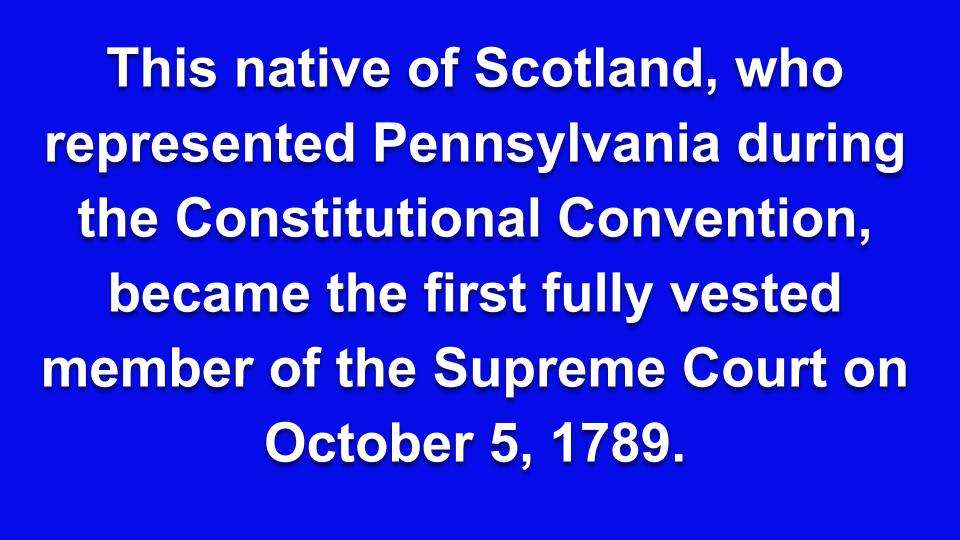Trump’s tantrum over Twitter “censorship” might play well with his base, but they’re the only ones who don’t seem to know that it’s a joke. Even members of his own administration have been refusing to back the president’s new executive order about social media.
Yahoo News reports that “Vice President Mike Pence, National Economic Council Chairman Larry Kudlow and others are making the argument that it will set a bad precedent to signal that the federal government can go after private companies and seek to penalize them for purely political reasons.”
Federal Communications Commission (FCC) head Ajit Pai said in a statement: “The Federal Communications Commission will carefully review any petition for rulemaking filed by the Department of Commerce.” Subtext: The agency doesn’t take action at Trump’s solo command.
Trump’s order—a final draft of which was released yesterday—asks the FCC to “propose regulations clarifying” some thoughts he has about how Twitter, Facebook, and the federal law known as Section 230 should work.
Allahpundit sums it up nicely at Hot Air:
[T]his is a glimpse at an ugly authoritarian soul fantasizing openly about using government power to censor a critic. Not even a critic, as Twitter’s let him run wild on their platform for a decade. All they did to piss him off was append a note to two of his tweets that slightly complicated his scheme to scapegoat voting-by-mail for his possible defeat in November. Two days later we have the president ranting in the Oval Office next to the Attorney General about closing down a prominent media company that’s used by millions to communicate.
“Just to be clear,” National Review‘s Charles C.W. Cooke reminds us, “the president can’t take away statutory legal protections, and we shouldn’t indulge the idea that he can. His job is to uphold the law, not negate it.”
Some in the Trump camp have rallied around the president’s position. Attorney General Bill Barr called it a “first step.” And the ever-preening-for-Trump’s-attention trio of Sens. Ted Cruz (R–Texas), Marco Rubio (R–Fla.), and Josh Hawley (R–Mo.) keep lying about the legal issues involved.
To the extent Twitter creates its own content, that’s already not protected by Section 230. And you haven’t addressed the false or misleading claims from your letter. You’re attempting to silence speech under the guise of fixing a legal discrepancy that doesn’t exist. Nice try! https://t.co/K2EZggxm4y
— Justin Amash (@justinamash) May 28, 2020
When called out—for instance, by Rep. Justin Amash (L–Mich.)—on their misrepresentations of the law, they revert to sputtering about free speech and Big Tech without addressing the ways they’re clearly making things up about what is a very short statute:
(1) Treatment of publisher or speaker: No provider or user of an interactive computer service shall be treated as the publisher or speaker of any information provided by another information content provider.
(2) Civil liability: No provider or user of an interactive computer service shall be held liable on account of— (A) any action voluntarily taken in good faith to restrict access to or availability of material that the provider or user considers to be obscene, lewd, lascivious, filthy, excessively violent, harassing, or otherwise objectionable, whether or not such material is constitutionally protected; or (B) any action taken to enable or make available to information content providers or others the technical means to restrict access to material described in paragraph (1).
Worse still: A lot of powerful Democrats want the same thing their Trumpian counterparts do. They use different reasons to justify taking control of online speech and the entities that facilitate it, and they generally plan to do different things with that power. But for years, top Democrats—former Vice President Joe Biden, Sen. Elizabeth Warren (D–Mass.), Sen. Kamala Harris (D–Calif.)—have pushed the same sorts of anti–Section 230 propaganda and called for similar, sometimes identical, limitations to its scope.
Section 230 doesn’t create any rights for “interactive computer services” (or their users) that they’re not guaranteed under the First Amendment. But it clarifies legal liability for internet-mediated speech in such a way that digital actors big and small can avoid getting bogged down in endless frivolous lawsuits or baseless criminal charges from an attention-seeking district attorney. Without it, internet companies would have to spend an untenable amount of time in court fighting for their fundamental First Amendment rights—and would be much more susceptible to politically motivated attacks.
How might they counter such tedious legal actions without the protection of Section 230? One approach would be to permit all sorts of speech unless legally ordered to take an individual message down, turning large platforms into cesspools. Another, more likely approach would be to suppress any posts or users that anyone complains about, without first asking questions or making individual determinations, as sites tend to do with takedown requests alleging copyright violations. Anyone reported would have their account limited until they could prove that they were innocent of the offense alleged, severely worsening the social-media problems that people currently complain about.
Without Section 230, officials could much more easily police what people say about them online, suppress critics, crush rival campaigns, and weaponize platforms like Twitter and Facebook for their own ends. The ultimate aim here is not to stop bias against conservatives, to block Russian bots, to protect the sanctity of elections, to shield women from airdropped dick pics, to stop the spread of fake news, to save kids from getting gun downed in schools by fentanyl-peddling human traffickers from ISIS, or whatever new bullshit excuse gets used this week to manufacture consent for giving them the power to control our online speech.
Trump—who said in a televised address last night that he would shut Twitter down if he could—is just saying the quiet parts a little louder than the rest.
I do wish my friend would stop embarrassing himself. As he knows, S230 doesn’t insulate platforms from liability based on their own speech. When twitter fact-checked POTUS, it spoke. S230 protects it from liability for HIS speech. Without 230, it could hardly let him post. https://t.co/u1hjG6RhHA
— Thom Lambert (@profthomlambert) May 28, 2020
Twitter is, apparently, not backing down.
Early this morning, Trump tweeted that he was willing to send the military to Minneapolis—where protests against police brutality and the murder of George Floyd have also led to looting and fires—and that the troops wouldn’t hesitate to open fire. “Any difficulty and we will assume control but, when the looting starts, the shooting starts,” he posted at 12:53 a.m.
Atop Trump’s tweet, Twitter posted a message saying “this Tweet violated the Twitter Rules about glorifying violence. However, Twitter has determined that it may be in the public’s interest for the Tweet to remain accessible,” with a link to learn more. When scrolling through Trump’s timeline, users must click view to see the actual tweet.
Folks will again try to spin this as Twitter illegally or unfairly “censoring” Trump. But as Hot Air reminds us:
Twitter isn’t the state actor here. Trump is. It’s not Trump’s free speech that’s being threatened. Twitter’s is, by Trump. Social media companies can’t “censor” because they’re not public forums, a point that was reiterated literally just yesterday by the D.C. Circuit. [The opening passage of the executive order] is Trump’s twisted victimhood complex distilled to its essence, a case of the president bringing the power of the federal government onto a private actor because of how powerless he’s been made to feel.
As I wrote yesterday, Trump’s new executive order throws around a lot of legal terms and dramatic statements but doesn’t amount to much of anything. The order basically just talks about what Trump thinks Section 230 means and asks federal agencies to consider sanctioning these companies if they’re doing something illegal (and if so, maybe could they tell him what that is?).
The order is about as pathetic as it is possible to get. It’s based on a misunderstanding of the law, its instincts are rankly authoritarian, and, after all that, it doesn’t actually do anything. https://t.co/Y1CJ3wxVet
— Charles C. W. Cooke (@charlescwcooke) May 28, 2020
The FCC and the Federal Trade Commission have previously signaled that they want no part in all of this.
“Based on the track record of Ajit Pai, he has been lobbied to police speech many times, and he has not succumbed to any of those pressures,” said Ashkhen Kazaryan, director of civil liberties at TechFreedom. “This is not how the Constitution works. The First Amendment protects Twitter from Trump. It does not protect Trump from Twitter.”
“Legal and technology policy experts [said] that some sections of the draft executive order were not legal at all and that other parts would require government agencies to throw out years of judicial interpretation of Section 230,” notes Business Insider.
A new Fairness Doctrine. Emboldening trial lawyers. Massive new regulations. Government restricted speech. Governing by Executive Order. This is like 5 for 5 on things conservatives would've freaked out about under Obama.
— Rory Cooper (@rorycooper) May 28, 2020
QUICK HITS
• Updates from Minneapolis:
This image from Minneapolis protests over the death of George Floyd pic.twitter.com/t0iSKBfjfl
— Dr. Artyom Tonoyan (@ArtyomTonoyan) May 28, 2020
Unreal stuff happening in Minneapolis right now. Reports that police have abandoned the 3rd Precinct. https://t.co/dbpKoV1IFd
— Christopher Ingraham (@_cingraham) May 29, 2020
Minnesota police arrest CNN reporter and camera crew as they report from protests in Minneapolis https://t.co/oZdqBti776 pic.twitter.com/3QbeTjD5ed
— CNN (@CNN) May 29, 2020
• Protests over Floyd’s killing have also extended beyond the area:
BREAKING NOW: Protesters have broken into the Ohio Statehouse. Crowds gathered Thursday night to protest police brutality after the death of George Floyd, who died in Minneapolis police custody. Peaceful protests in Columbus escalated around 9:45 p.m.https://t.co/4BBObYsoS5
— NBC4 Columbus (@nbc4i) May 29, 2020
• Virginia Postrel on how banning Chinese STEM students would backfire.
• The CDC has new guidelines on office life.
• Some good news:
JUST IN: @ABC looked at 21 states that eased restrictions May 4 or earlier & found no major increase in hospitalizations, deaths or % of people testing positive in any of them. [SC, MT, GA, MS, SD, AR, CO, ID, IA, ND, OK, TN, TX, UT, WY, KS, FL, IN, MO, NE, OH] via @AMitrops
— Eric M. Strauss (@ericMstrauss) May 28, 2020
• Today in Our Dystopian Future:
Local business wants to properly manage customers’ expectations. #Oregon pic.twitter.com/AfyWYIEFgg
— Chris Lehman (@CapitolCurrents) May 28, 2020
from Latest – Reason.com https://ift.tt/2ZUGGel
via IFTTT

